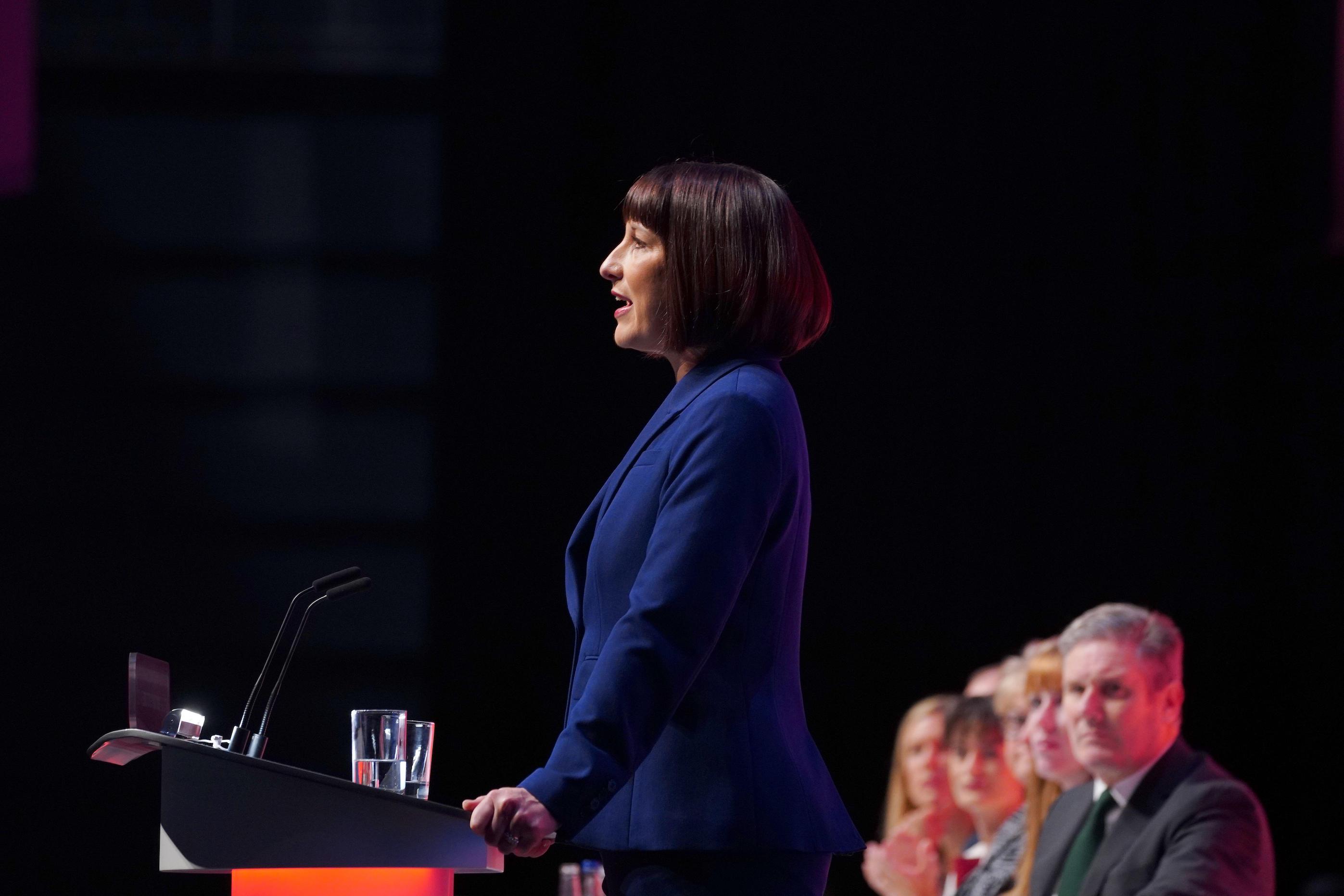In 2013, a 47-year-old Mark Carney was appointed the new governor of the Bank of England by a positively giddy George Osborne, then the chancellor of the Exchequer.
A polished technocrat with an international pedigree, Carney had been courted for a year by Osborne before his appointment was announced. And speaking to the House of Common in the aftermath, the then-chancellor described Carney as “the outstanding central banker of his generation”. Elsewhere Osborne gushed that the Canadian native “is quite simply the best, most experienced and most qualified person in the world to do the job”.
As governor of the BoE, Carney imported North American-style “forward guidance” as a way of sending signals to markets over the timing of future rate hikes. Not everyone was impressed, however, and Pat McFadden — last month promoted from shadow chief secretary to the Treasury to shadow chancellor of the Duchy of Lancaster — referred to the smooth-talking Carney as an “unreliable boyfriend” because of a lack of clarity about possible rate rise timings.
Fast forward a decade and how things have changed. George Osborne now shares a podcast soapbox with his erstwhile shadow, Ed Balls, and Carney has just been beamed into Labour Party conference in Liverpool to endorse Balls’ successor-but-three as shadow chancellor.


Carney, once described as a “banking rock star”, incited audible gasps in the conference hall as he described Rachel Reeves as “a serious economist” who “understands the big picture”.
So, how did this happen?
Logistically, Carney met Sir Keir Starmer at a conference in Montreal last month for the international centre-left called the Global Progress Action Summit, and is reported to have discussed the party’s economic policies. One wonders if the possibility of an endorsement was floated then (just as Rishi Sunak sought to curry favour with former US presidential candidate Mitt Romney with a view to a conference speech in a recent visit to the US).
But Carney and Reeves are also old colleagues. The shadow chancellor is a former Bank of England economist, a fact naturally referenced by Carney yesterday: “She had a career at the Bank of England, so she understands the big picture. And crucially, she also understands the economics of work, of place and of family”, he explained.
This is also not Carney’s first intervention in day-to-day politics. Aside from his appearance in Montreal last month, in which he mocked Liz Truss for delivering “Argentina on the Channel”, and hit out at “extreme conservatives” with a “basic misunderstanding of what drives economies”, he is frequently touted as a possible future leader of the Canadian Liberal Party and, therefore, prime minister.
Politically, however, Carney’s surprise endorsement of Reeves tells us far more about the position of the UK Labour party, than it does of the former BoE governor’s own political ambitions.
Indeed, the underlying message of Reeves’ speech was, by now, pretty familiar: she explained that Labour would be “disciplined” in government, “restore economic stability”, and “introduce tough new rules”. Carney’s approving postscript only strengthened her case.
Reeves — again, a former Bank of England economist — has for some time personified Labour’s ambition to seize the mantle of fiscal responsibility. Responding to the incentives provided by post-Trussonomics politics, Reeves’ profile has grown vastly over the past year. In total, she has jostled with four Treasury chiefs in three years, taking them to task over budgets both “mini” and large.
Thus, in her speech yesterday, Reeves claimed that “Liz Truss might be out of Downing Street but she is still leading the Conservative party” — a reference to the former PM’s packed fringe event at Tory party conference last week. “You can’t trust the Conservatives with the economy”, was the unspoken subtext: “they still idolise the person who crashed it”.
Reeves’ address was immediately interpreted as coming from an “iron chancellor”-in-wait. The former Bank of England economist never directly pitched for this new moniker — but her reference to “iron-clad fiscal rules”, and a further clarion call that “change will be achieved only on the basis of iron discipline”, proved sufficient cause for a roundly wooed media pack.
This rhetorical dressing worked to weave a neat narrative through a speech also packed with policy — each designed to highlight Conservative incompetence. She resolved to introduce legislation to ensure the Office for Budget Responsibility can independently publish its own impact assessment of any major fiscal event (aimed at Truss), an inquiry into HS2 costs (aimed at 13 years of Conservative government), limits on ministers using private jets (aimed at prime minister Sunak) and a Covid corruption commissioner (aimed at former chancellor Sunak).
And, then, after a prolonged standing ovation, Reeves’ rhetoric and the policy substance were underpinned by Carney’s endorsement. Some reports have suggested that, if it hadn’t been for a technical hitch, the message would have come before the speech. But Carney’s spot worked better as a rallying peroration — as if everything Reeves had just related was now rubber-stamped by this serious economic authority.
Although Carney (since 2018 a British citizen) did not go as far as to endorse the Labour Party in full, his message underlined Reeves’ — and therefore Labour’s — proximity to the “economic orthodoxy” he represents.
Consequently, Carney’s postscript also underlined that core message of Labour conference this year: that Keir Starmer’s Labour the party is now a serious operation and ready for government. In this way, Reeves, in pitching to be an “iron chancellor” and Carney — helping his former colleague on her way, have aided Starmer in this task significantly.
Josh Self is Editor of Politics.co.uk, follow him on Twitter here.
Politics.co.uk is the UK’s leading digital-only political website, providing comprehensive coverage of UK politics. Subscribe to our daily newsletter here.












